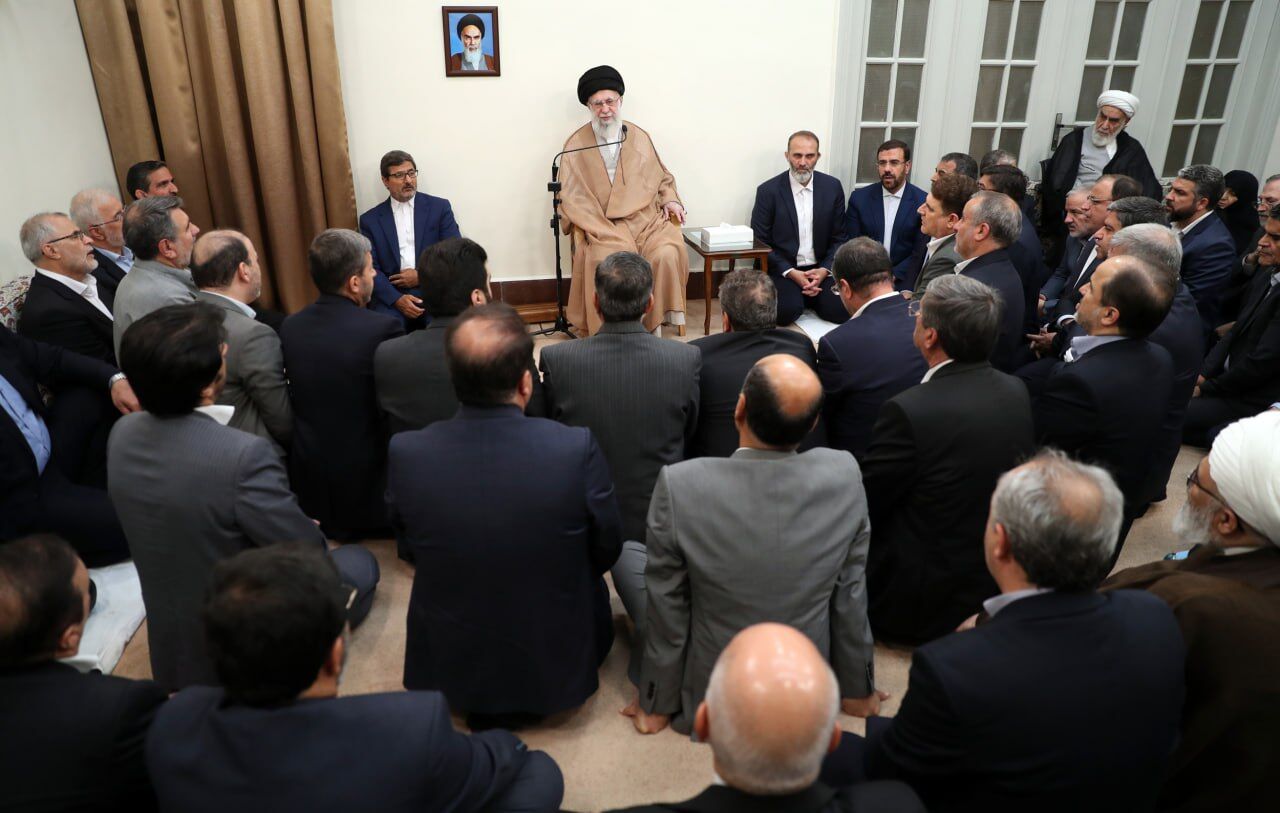
Similar Posts
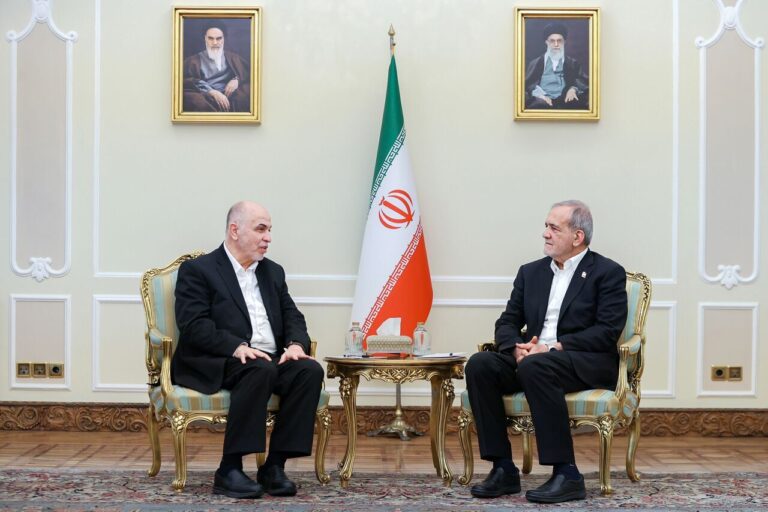
Pezeshkian: Islamic Nations Unite to Rebuild Gaza Together
Iranian President Masoud Pezeshkian has called for an international coalition of Islamic nations to aid in the reconstruction of Gaza, devastated by conflict with Israel. Speaking with Hamas leaders, he highlighted the potential for collaboration among Islamic countries to support the Palestinian recovery. Pezeshkian praised the resilience of the Palestinian people and reaffirmed Iran’s support for the resistance front, expressing confidence in their eventual victory. Discussions also touched on escalating resistance efforts and concerns regarding U.S. plans for Gaza’s resettlement, emphasizing that Gaza’s future governance should be determined by its people.
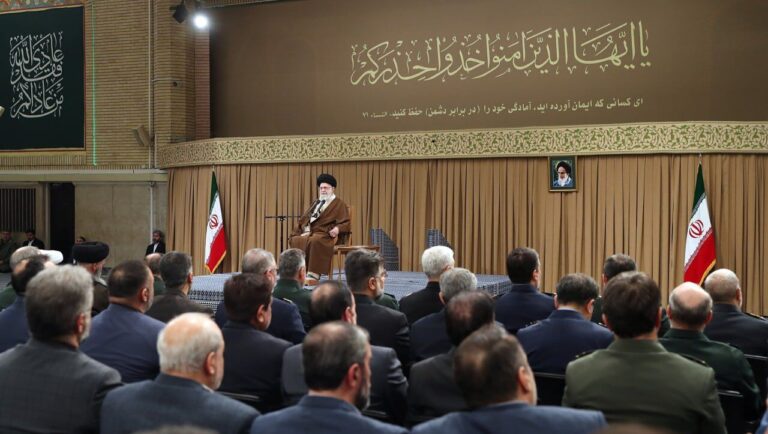
Leader Celebrates Monday Rallies as a Powerful Show of Support for the Islamic Revolution
In a recent meeting, Ayatollah Seyyed Ali Khamenei lauded the impressive turnout for the anniversary of the 1979 Islamic Revolution, emphasizing national unity and the strong message delivered by President Masoud Pezeshkian. He described the celebrations as a significant “popular uprising” against enemy propaganda and highlighted the commitment of citizens across Iran, especially the youth. Khamenei also praised advancements in Iran’s defense capabilities showcased at the Eghtedar-1403 exhibition, noting the shift in global attitudes towards Iran’s military power. He expressed confidence in the country’s defense industry, asserting that Iranian youth can produce superior military equipment independently.
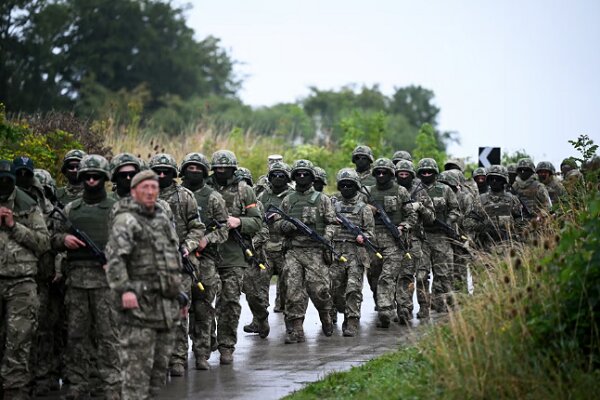
EU Faces Split Over Deployment of Western Troops in Ukraine, Reports Reveal
The debate over a potential peacekeeping mission in Ukraine has intensified among European nations amid ongoing conflict. Germany is hesitant to commit due to upcoming elections, while Baltic states and Poland fear NATO resources may be diverted. The UK, France, and Nordic countries support the mission but stress US involvement is crucial. Ukrainian President Zelensky’s demand for 200,000 peacekeepers raises concerns about EU capabilities. Russia opposes any foreign troops, viewing them as threats. Some EU officials suggest a non-Western UN force, but discussions remain stalled as geopolitical tensions persist, complicating the prospects of a peacekeeping initiative.
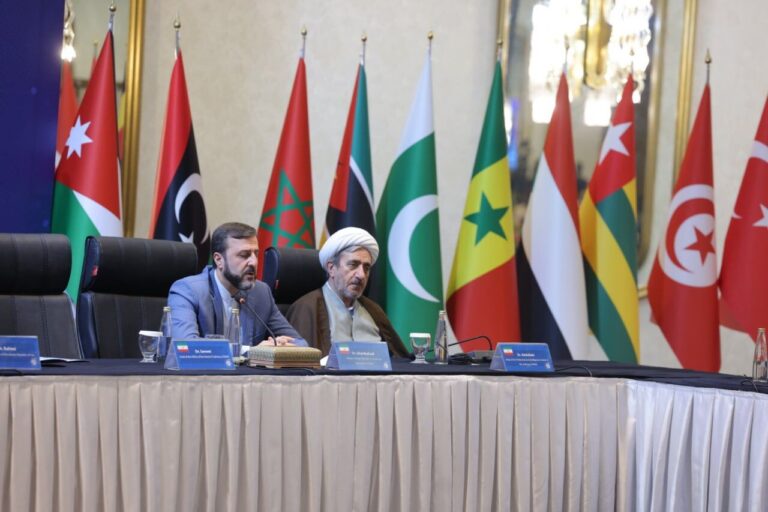
Deputy Foreign Minister Emphasizes Justice as a Cornerstone of Islamic Diplomacy
Deputy Foreign Minister Kazem Gharibabadi emphasized the importance of ombudsman institutions in Islamic diplomacy during the Fourth OIC Ombudsman Association General Assembly in Tehran. He highlighted their role in preventing corruption, promoting transparency, and enhancing governmental accountability. Gharibabadi expressed Iran’s willingness to share successes in regulatory frameworks and emphasized the importance of establishing a network among Islamic nations for better information exchange to combat corruption and human rights abuses. This collaborative effort aims to strengthen justice and governance across the Islamic world, ensuring the protection of human rights and fostering sustainable development.
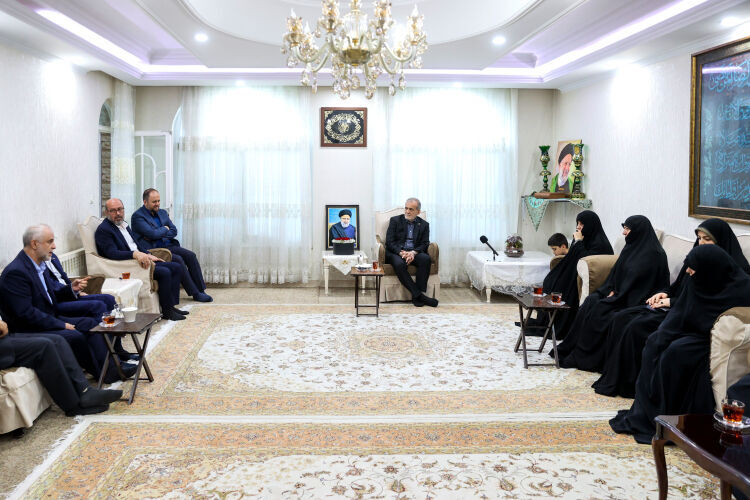
Pezeshkian Pays Tribute to Late President Ebrahim Raisi’s Family in Heartfelt Visit
On the eve of the first anniversary of the tragic helicopter crash that killed President Ebrahim Raisi, President Masoud Pezeshkian visited the victims’ families, emphasizing the importance of remembrance. During this heartfelt visit, families expressed gratitude for his gesture, which helped keep Raisi’s memory alive. The crash occurred on May 19, 2024, claiming the lives of Raisi, Foreign Minister Hossein Amirabdollahian, and six others, leaving a significant impact on the nation. Raisi was laid to rest at the Shrine of Imam Reza (AS) in Mashhad, highlighting his lasting legacy and the continued support for his family.
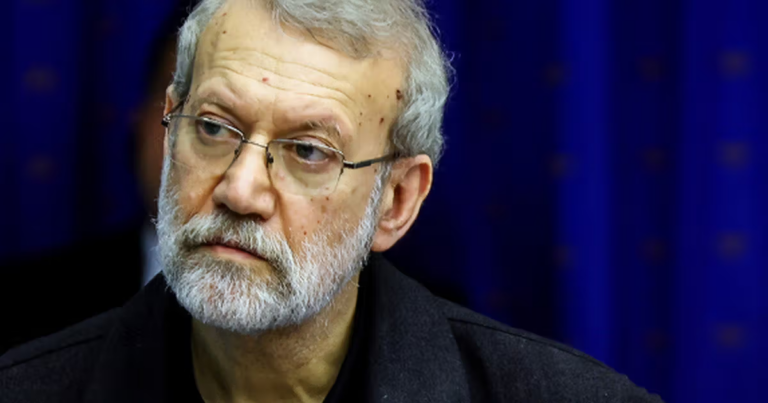
Iran’s Dilemma: Internal Conflict Over Nuclear Weapons Development
Recent comments by Ali Larijani, a senior adviser to Iran’s Supreme Leader, have sparked controversy regarding Iran’s nuclear ambitions. In a televised interview, Larijani suggested that Iran might reconsider its fatwa against nuclear weapons if faced with a significant threat, despite asserting that Iran is not currently pursuing nuclear arms. His remarks received support from hardliners on social media but drew criticism for potentially justifying preemptive military actions by adversaries like the U.S. and Israel. Iran’s Foreign Minister reiterated the country’s commitment to diplomacy and non-proliferation, while discussions continue about the implications of Larijani’s statements on international relations.